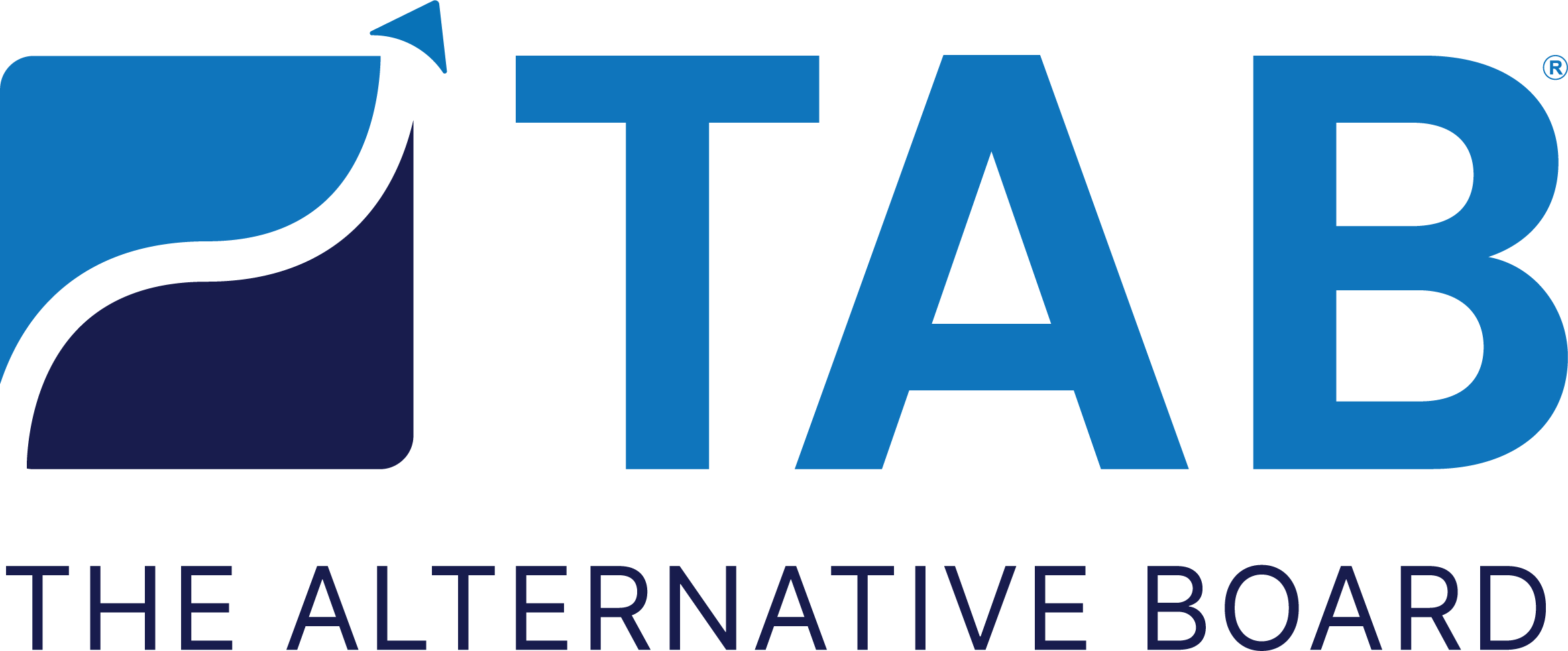Economic Uncertainty: Your Crucial Role As Business Leader When Times Are Tough
These are uncertain times marked by global instability, ongoing conflicts in the Middle East and Eastern Europe, substantial inflation and the rising costs of goods, hundred-year weather events, and a potentially precarious political environment. This volatility at home and abroad leaves many questioning the stability of the economy and the ability of business owners to navigate potentially troubled waters yet again.
As scary and uncomfortable as uncertainty is, it is important to remember that fluctuations in the market are inevitable, and there is never a guarantee of economic sunshine. The good news is that industry and business owners weathered the pandemic years and came out the other side wiser for the wear and better prepared to tackle any curveballs the economy might throw their way.
Leading Your Business During Economic Uncertainty
As a business owner, your ability to adapt, lead, and plan for fluctuations can be the difference between overcoming challenges or feeling the full brunt of every bump along the way. The following are some important qualities and skills that give business leaders an advantage in any economy:
Adaptability & Resiliency
Strategic Foresight & Insightful Planning
Financial Discipline & Cash Flow Management
Emotional Intelligence & Empathy
Decisiveness & Confidence
Innovation & Improvement
How to Develop the Skills You Need to Thrive
Of course, every business owner probably wants to be innovative, confident, and adaptable. And in the best of situations there is usually plenty of room to engage in those activities that spur personal growth and business acumen. But uncertainty in the market has a way of disrupting even the most intentional of business leadership goals. The key is to prepare now when things are still sailing along pretty nicely, so if and when the next economic upset does occur, you are ready to successfully navigate whatever comes your way.
Here are five smart ways to plan for a challenging economy:
1. Reflect on Past Experiences
Look back at how COVID-19 mandates, shutdowns, and supply chain issues affected your business. What worked well, and what didn’t? Use these still-fresh insights to create a robust risk management plan. You learned a lot about resiliency during the pandemic, so you’re not starting from scratch.
2. Diversify Your Book of Business
Relying heavily on a single source of revenue can be risky, especially during economic downturns. Explore opportunities to diversify your customers, offerings or services that can expand your income streams and reduce overall risk. Click here to read how one TAB Member weathered the pandemic thanks to a diversified client list.
3. Invest in Technology
Investing in tools that improve efficiency, automate processes, and enhance customer engagement can help you stay competitive and reduce operational costs. Consider incorporating AI into your operations. Not sure how AI fits into your long-term strategy? Read our TAB white paper “Demystifying AI: How Small Businesses Can Leverage AI.”
4. Leverage the Expertise of Your Peers
As a business owner, it is challenging to go it alone even in the best of times. By participating on a peer advisory board or mastermind group, you surround yourself with other seasoned and successful business leaders who hold each other accountable, strategize for growth and resiliency, and help each other make big decisions. Click here to learn more about joining a TAB Board.
5. Manage Your Cash Flow
A healthy cash flow is a make-or-break in weathering economic uncertainty. To ensure you maintain sufficient cash reserves, regularly evaluate your financial statements, cut unnecessary expenses, and build a strategy for sustaining cash flow should the economy take a dip. Watch our free and on-demand webinar “How to Take Control of Cash Flow with Forecasting.”
As a business owner, taking proactive steps when times are good will best prepare you for any economy that comes down the line. Learn from past challenges, build a strategic framework, and surround yourself with people who will support and elevate you and your business.

